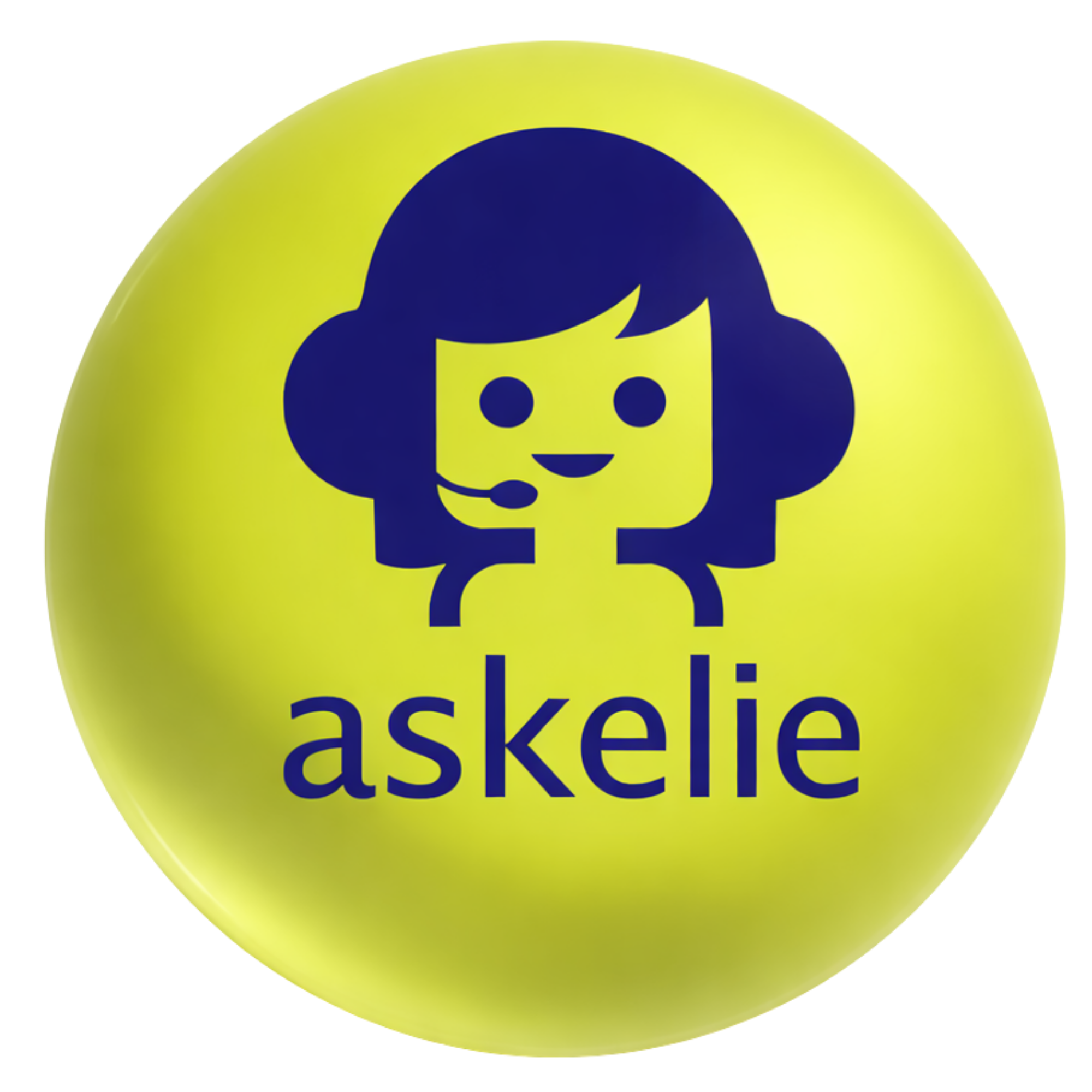Prison Education Cuts in England and Wales: Why Digital Solutions Like ELIE Matter
Prison Education Cuts in England and Wales: Why Digital Solutions Like ELIE Matter
When education budgets are cut in schools the headlines are loud. When prison education budgets are slashed, the conversation is often muted. Recent reports reveal that prisons in England and Wales are facing education cuts of up to 50%. For a service already stretched, this could mean fewer classes, limited qualifications, and reduced support for some of the most vulnerable learners in society.
This blog explores the impact of prison education cuts, why education in prisons is critical for prison rehabilitation, and how digital platforms like askelie and ELIE for Education can deliver cost-effective, scalable solutions.
What is happening in the news
According to government sources and prison reform groups, education budgets in prisons are being reduced by up to half. Courses in literacy and numeracy are most affected, alongside vocational programmes that prepare offenders for life after release.
The cuts come at a time when reoffending rates remain stubbornly high. Research shows that prisoners who engage in education are significantly less likely to reoffend. Removing access to courses risks undoing progress made in offender learning over the past two decades.
Why prison education cuts matter for rehabilitation
Education in prisons is not a luxury, it is a cornerstone of rehabilitation.
- Literacy and numeracy: Many prisoners struggle with basic reading and maths. Without these skills, re-entering the workforce is almost impossible.
- Offender learning: Structured courses give prisoners purpose, routine, and motivation while serving time.
- Reducing reoffending: Studies consistently show that prisoners who complete education programmes are far less likely to return to custody.
- Social stability: Supporting offenders to find employment after release reduces pressure on welfare systems, housing, and community safety.
Cutting these opportunities risks higher reoffending rates, greater social costs, and more strain on the prison system.
Challenges of prison education cuts on literacy and numeracy
Even before the cuts, prison education faced barriers.
- Limited staff numbers, often with high turnover
- Security restrictions on technology and internet use
- Variable class attendance due to prison routines, transfers, or behaviour issues
- Outdated materials that fail to engage learners
With budgets now shrinking, traditional classroom approaches become even harder to sustain.
Digital solutions to offset prison education cuts
This is where digital platforms like ELIE for Education can make a difference. A secure, modular system can deliver consistent, trackable learning even when staffing or budgets are tight.
Key benefits of ELIE in prison education
- Offline-first design
ELIE modules can be delivered on secure devices without open internet access, meeting prison security requirements. Content is updated centrally and pushed securely to local systems. - Personalised pathways
Learners begin with a literacy and numeracy diagnostic. ELIE then creates an individualised learning route that adapts as they progress. - Scalable and cost-effective
Once set up, digital courses can serve dozens of learners simultaneously with fewer tutors. This addresses staff shortages while maintaining quality. - Evidence for rehabilitation
Every module completed is logged, creating a record of engagement and achievement. This evidence supports parole decisions and reintegration planning. - Wider curriculum access
Beyond core literacy and numeracy, ELIE can deliver vocational and life skills modules from digital literacy to CV preparation even in restricted environments.
Example in practice
Imagine a prison where traditional classes have been halved due to cuts. Attendance is patchy, and only a fraction of inmates access structured learning.
By introducing ELIE for Education:
- Learners complete a short digital assessment on entry
- Those with low skills receive daily literacy and numeracy modules, accessible even in-cell on secure tablets
- Progress is tracked, and tutors can intervene remotely with feedback
- A wider group of learners, previously excluded due to staffing limits, can now engage
After six months, the prison sees higher completion rates of functional skills modules, stronger basic skills, and improved motivation among inmates.
Why now is the right time
The combination of education cuts and rising reoffending creates a clear case for innovation. Continuing with traditional delivery alone will not meet the challenge. Digital education platforms like ELIE offer a practical way to bridge the gap cost-effectively, securely, and at scale.
This is not about replacing tutors but augmenting their reach. A single staff member can oversee dozens of learners engaging with content, focusing time where it adds the most value.
Wider benefits for society
Investing in digital prison education has ripple effects.
- Reducing reoffending lowers the overall prison population and saves taxpayer money
- Employment outcomes improve as ex-offenders enter the workforce with usable skills
- Community stability grows as more individuals reintegrate successfully
- Policy compliance is easier, with audit-ready data on engagement and outcomes
Getting started
Prisons and education providers do not need to wait for a national rollout. ELIE can be piloted with small groups, focusing on literacy and numeracy first. Once the platform is proven secure and effective, it can expand into vocational and life skills modules.
Askelie supports implementation with secure hosting, staff training, and content tailoring. The goal is simple. More learners supported, fewer barriers to access, and measurable impact on rehabilitation.
Conclusion
Prison education cuts may feel like an unavoidable budget decision, but the social costs are high. Without support, reoffending rises, communities suffer, and prisons become revolving doors.
By adopting digital education platforms like ELIE for Education, prisons can deliver literacy, numeracy, and vocational learning even with reduced staff and budgets. The result is stronger offender learning, meaningful progress in prison rehabilitation, and a real step towards reducing reoffending.
At a time when traditional provision is under pressure, ELIE offers a future-ready way to ensure education remains at the heart of rehabilitation.


